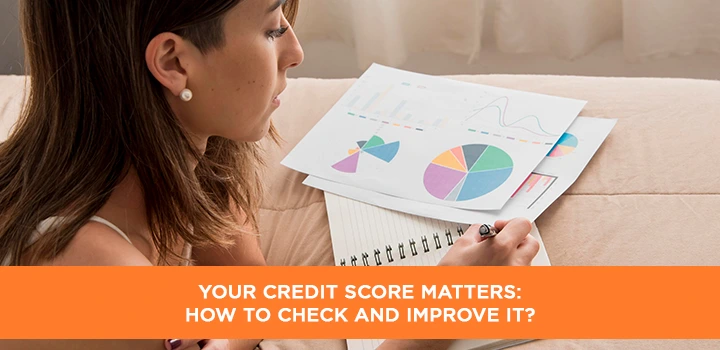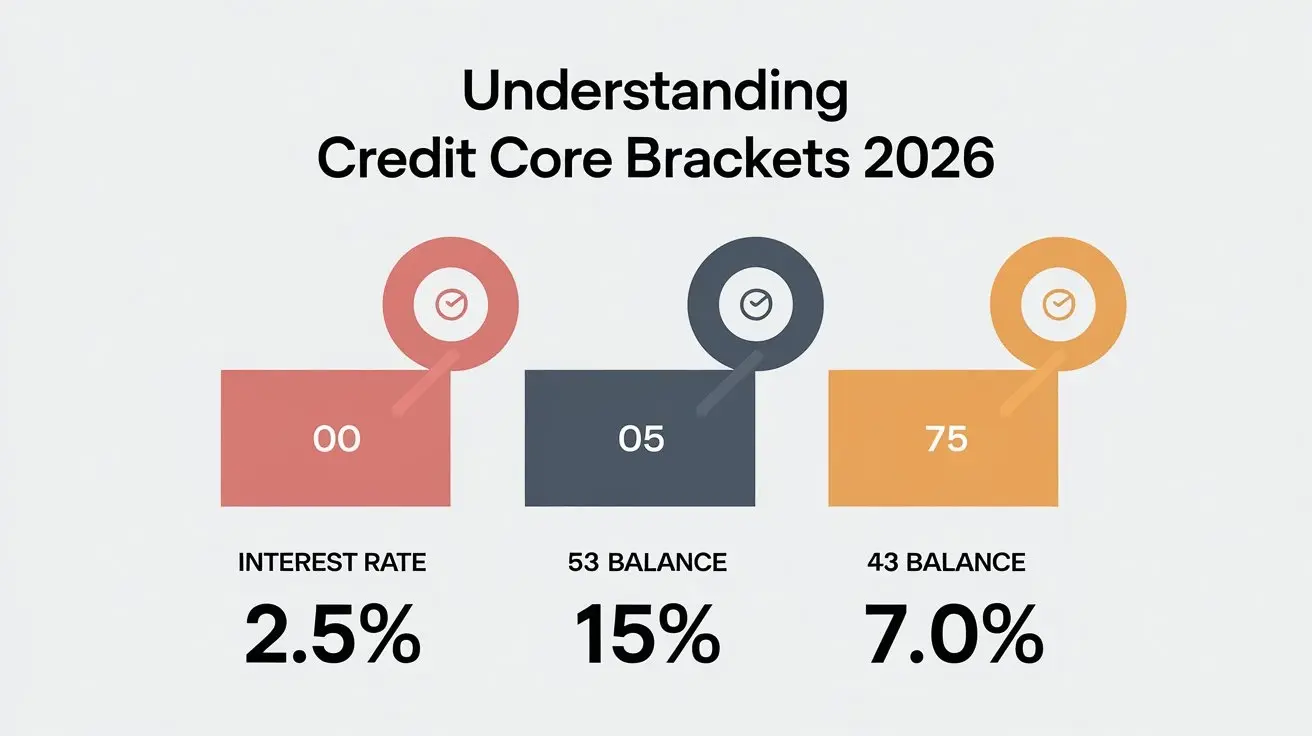
One of the most frequent questions that consumers have about their credit scores is whether checking their score will bring it down; the answer is no, just checking your own credit score will not do that. But there are some things you should know about how credit checks of different types work and how they can or cannot affect your score.
What is a Credit Check?
A credit check happens when you allow any of the three credit reference agencies, Equifax, Experian or TransUnion, to access your credit report. There are two main types of credit checks:There are two main types of credit checks:
Soft Credit Check This is also known as a soft credit check, and it does not harm your credit rating in any way. For soft inquiries, you can check your credit report yourself or ask a lender to do a preapproval to see what rate/offer you can get. There are many free credit monitoring services, for instance, Credit Karma that only employ soft inquiries to ensure you can check your score as often as you want without harming your credit.
Hard Credit Check A hard inquiry is a credit check that is done when an individual applies for a new credit line or a loan. A hard check can slightly negatively affect one’s credit score, although the effect is generally minimal (less than 5 points) and is only temporary. However, hard checks should be kept to a minimum through only applying for credit that is essential. Multiple hard inquiries within a short timeframe can be an indication of the increased risk for lenders.
The Type of Credit Check Matters
Therefore soft checks are used when one is doing a check on their own credit score or when on is reviewing their reports. This means that just gaining access to your credit data will not hurt your score in any way. However, when one applies for new credit then a hard check is made which leads to a small deduction on the score. Though this is not a good reason for people to shy away from applying for credit when the need arises. The effect is not severe and your score will recover soon as long as you manage the new credit well.
It is important that you stay vigilant about your credit, though, because your credit score can go down quickly.
While it is advisable to check your own credit report, doing so does not harm credit and is in fact very beneficial. Here are some key reasons why monitoring your credit is recommended:Here are some key reasons why monitoring your credit is recommended:
-
Ensure accuracy: Remember to verify all accounts and information that are included in reports from all three bureaus. Mistakes are penalties that reduce your overall score. In case of errors, one should dispute them as soon as possible to have them rectified.
-
Detect fraud: It would be wise to check your credit report regularly so that you can easily identify any incidences like accounts which you did not open. In case they are identified, you are able to report fraudulent accounts before further losses are made.
-
Track improvement: You can monitor your progress by examining your credit reports and scores regularly. You’ll understand when positive changes contribute to improved scores.
-
Know where you stand: Why It’s Important: Maintain an understanding of your current credit status, which helps you manage your finances efficiently. Monitoring also assists in checking shocks in the process of applying for loans.
You are entitled to the credit report that has been prepared for you. Monitoring your own credit is not only safe but it is actually your right as an individual in this country. According to the federal law, it is possible to get the copies of your credit reports for free from all the three agencies once a year through www. annualcreditreport. com to check your records and score. Likewise, you can view your latest credit scores at any given time using free tools provided by many personal finance sites.
Ways to Monitor Your Credit Without Damaging Your Credit Score Not even hard credit inquiries from lenders when applying for new credit will pull your score down immediately. However, it is still more advisable to only ask for credit whenever one needs it in order not to have many checks made on one’s credit history. This will enable you to have an idea of how your credit score looks like before making the applications. Here are some ways to check your score for free without damage:Here are some ways to check your score for free without damage:
-
Once a yearly report can be obtained from the website annualcreditreport. com
-
Other sites include CreditKarma which is a site that displays your credit score and monitors your credit report.
-
Almost all the banks and credit card companies offer free services.
- Other websites relating to financial management, such as NerdWallet or WalletHub
Having the ability to easily score your credit at any time of the day or night may make some individuals do so over and over again. But it is advisable not to do so more often than once a month. Score fluctuations happen normally. Just keep abreast of your credit by looking at all the reports annually and looking at scores in 2 months.
It is considered normal that a score drops when opening new credit. Every time you apply for auto loans, credit cards or mortgages, this type of credit check is likely to knock off a few points of your score. How much it drops depends on your starting score and overall file, but this is typically around a 25 point difference. Those with good and excellent credit experience a decrease in the size of the decline. However, the drop itself should not discourage you from getting credit when you are genuinely in need of it.
This temporary drop does not mean that checking your credit cost you points. Those points were lost because lenders reviewed your reports, not yourself. The initial drop will be even better after roughly half a year if you remain a good paying customer, of course. Applying for credit is also an opportunity to expand the file and its age, when managed correctly, over time.
The Takeaway
Checking Your Own Score is Harmless It is important to check your credit scores and credit reports yourself through soft inquiries that are not visible to the lenders and there are no negatives associated with this. not only is it free and effortless to monitor your scores frequently, it is necessary to monitor credit status and activity. Just be wise when actually applying for credit to avoid as much hard inquiries as possible. A few points off for opening new credit is normal and will fade. At the same time, check your own scores as often as you want accordingly to remain a responsible credit user.









